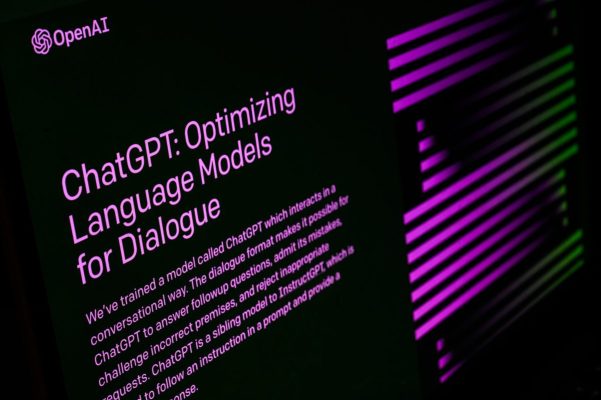Splitit Integrates Buy Now, Pay Later into Online Language Courses

Splitit, a leading global payment solution provider, has announced a strategic partnership with several online language course platforms to integrate its Buy Now, Pay Later (BNPL) services. This integration aims to provide learners with flexible payment options, ensuring greater accessibility to language education worldwide. As digital learning continues to proliferate, this move underscores a significant shift in how educational services are consumed and financed.
The BNPL model, which allows consumers to pay for products and services in installments rather than upfront, has gained substantial traction in recent years. According to a study by Research and Markets, the global BNPL market is expected to reach $20.40 billion by 2028, driven by consumer demand for flexible payment solutions. Splitit’s entrance into the educational sector reflects this broader trend, offering financial flexibility to students who may be deterred by the high cost of language courses.
Online language learning has experienced a boom, particularly in the wake of the COVID-19 pandemic, which catalyzed a shift towards remote education. Platforms like Duolingo, Babbel, and Rosetta Stone have reported a significant increase in user engagement. By integrating Splitit’s BNPL services, these platforms can further enhance their user base, offering courses that cater to varying financial capabilities.
The integration process is designed to be seamless for both language course providers and learners. Splitit’s technology allows for direct incorporation into existing checkout systems, enabling users to select the BNPL option at the time of purchase. This flexibility not only aids in budgeting for educational expenses but also potentially increases enrollment rates for language courses.
Several benefits are associated with the integration of BNPL services in online language learning:
- Increased Accessibility: By lowering the immediate financial barrier, more individuals can access language courses, promoting inclusivity and educational equity.
- Enhanced Cash Flow Management: Learners can manage their expenses more effectively, without compromising on the quality of education.
- Boosted Enrollment: Language course providers might see a rise in enrollment figures as payment flexibility attracts a wider audience.
- Improved Customer Experience: Offering diverse payment options can enhance user satisfaction and loyalty, leading to repeat business.
However, the expansion of BNPL services into the educational sector is not without its challenges. Critics have raised concerns about the potential for accumulating debt, particularly among younger users who may not fully understand the implications of installment-based payments. To mitigate such risks, educational platforms and BNPL providers like Splitit are urged to implement robust consumer education programs and transparent payment terms.
Globally, the integration of BNPL in education is part of a larger trend towards flexible, personalized learning experiences. As technology continues to evolve, so too does the manner in which educational content is delivered and consumed. Splitit’s foray into online language courses is a testament to the adaptability of the BNPL model, and its potential to reshape the educational landscape.
In conclusion, Splitit’s integration of BNPL into online language courses represents a significant development in the intersection of finance and education technology. By offering a viable solution to payment barriers, this initiative not only supports the growth of digital learning but also aligns with global efforts to make education more accessible and equitable.













